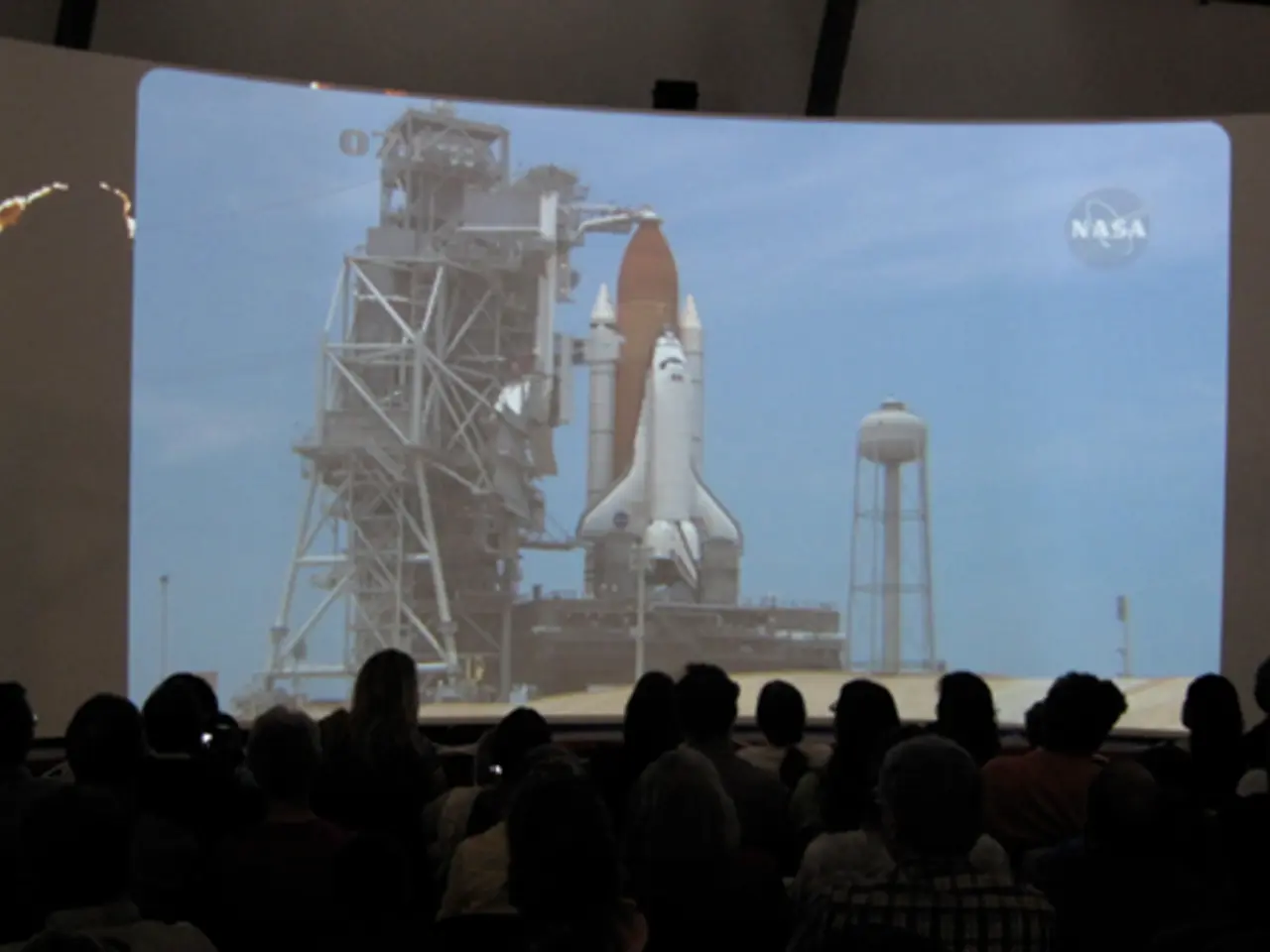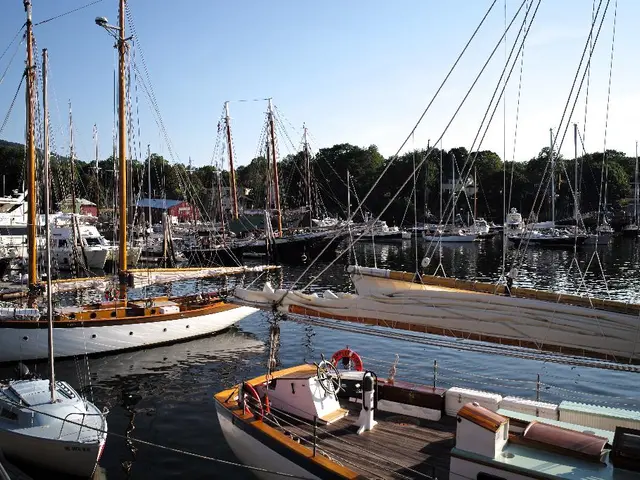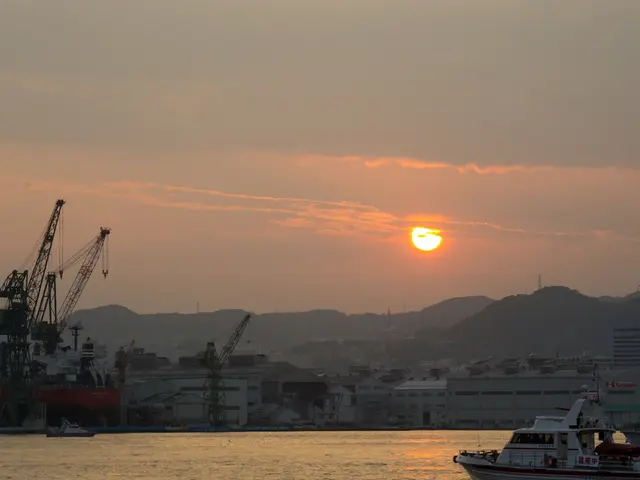European success in Ariane 6's maiden voyage: "Europe resurges"
The European Space Agency (ESA) has made a significant stride in space exploration with the successful launch of its new heavy-lift launcher, Ariane 6, on July 20, 2024. The Jupiter room in Kourou, French Guiana, served as the mission control tower for the historic event.
The launch, considered a giant step by the head of NASA, Bill Nelson, marks the return of autonomous access for Europe to space. This milestone ensures Europe’s autonomous and sovereign access to space, reducing its dependency on external companies like SpaceX.
The Ariane 6 rocket carried about ten university micro-satellites, including the Metop-SGA1 satellite, which supports the Copernicus programme, strengthening Europe’s ability to monitor climate and extreme weather events. This capability is critical given the costly impact of climate crises on Europe, thereby supporting resilience-building efforts and saving lives.
Ariane 6 has demonstrated reliability and precision in its commercial flights since its inaugural launch, with ongoing ramp-up in production. This suggests it can effectively meet Europe's heavy-lift launch needs in the near future, complementing and competing with other global launch providers.
The development of Ariane 6 involves major European aerospace companies like ArianeGroup and Airbus Defence and Space, reinforcing Europe’s technological leadership and industrial base within the space sector.
The first commercial launch of Ariane 6 is expected to be with the French military observation satellite CSO-3. However, an intergovernmental body of 30 European countries recently made a decision to favor SpaceX over Ariane 6 for a launch, a decision that has been met with confusion by ESA head, Joseph Aschacher.
The success of the launch marks a major step forward in Europe's long-term space exploration and satellite deployment ambitions, ensuring the continent remains a key independent player in the global space industry. The upper stage of the rocket, equipped with the relightable Vinci engine, the main innovation of the launcher, will return to Earth as planned, falling back into the Pacific near Point Nemo.
[1] European Space Agency (ESA) press release: "Ariane 6 Successfully Launches for First Time" [2] European Commission press release: "Europe's Climate Monitoring Satellite Launched Successfully" [3] Reuters article: "Europe's Ariane 6 Rocket Makes Successful First Launch" [4] SpaceNews article: "Europe's Ariane 6 Rocket Makes Successful Debut" [5] Aviation Week article: "Europe's Ariane 6 Rocket Aims to Compete with SpaceX"
Read also:
- Anticipated Arrival of Additional 150 Electric Buses by BVG Next Year
- Commemorating Hiroshima and Nagasaki: A Reflective Look Back at Nuclear Disasters
- Enhancing public transport: Novel advancements and refinements in Saudi Arabia's bus system
- Discussion: Strategies for enhancing the safety, speed, and efficiency of high-capacity 800V battery pack testing during a webinar








